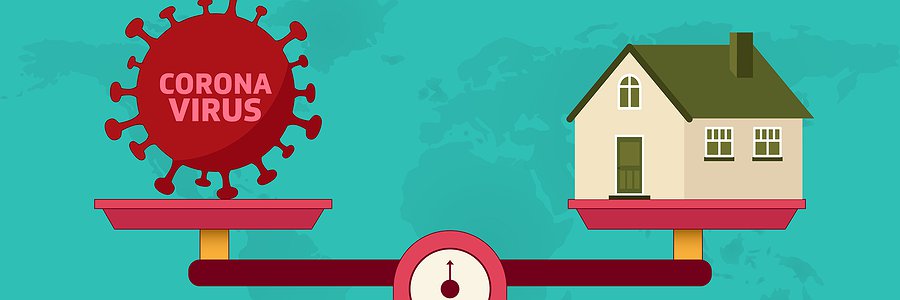
COVID-19 & Residential Tenancy Law in Toronto
COVID-19 has quickly circled the globe and is causing havoc across the planet. The flu spread through China, Europe and now has hit the United States. Here in Canada, the virus has started to spread in several provinces, and non-essential businesses have begun to shut their doors. Employment insurance applications are in the millions, and hundreds of thousands of Canadians are already facing down rent and bills they might not be able to pay.
In British Columbia, the government is providing $500 to help with rent, but in Ontario and the other provinces, renters and landlords are on their own. So, what does this mean for renters, and what is the process for eviction if you are not able to pay rent?
According to Douglas H. Levitt, one of the top landlord lawyers in Toronto, the current COVID-19 situation is an interesting issue in terms of residential tenancy law. Let’s first touch on the standard process for evictions in the province of Ontario.
If a landlord or the landlord lawyer wants to evict someone who is not paying rent, the landlord would need to do the following:
- Present the tenant with a Notice of Termination
- Apply to the Landlord Tenant Board to get an eviction hearing
- If approved, an order would be obtained
- With the order in hand, the landlord or landlord lawyers would then go to the Court Enforcement Office to enforce the eviction.
Pre-COVID-19 this entire process would take between three or four months, depending on the region. However, the process is not the same in the current climate.
In the current COVID-19 era, this is all out the window now as the entire system to evict someone in the province is shut down. Levitt noted that the shutdown of the system does give tenants a significant deferral, up to six months. But the tenants would still owe rent in arrears. Thus, as soon as the Landlord Tenancy Board resumes operation, the landlord or a tenant landlord lawyer could file with the board for eviction.
However, for tenants who owe significant rent due to COVID-19, the Landlord Tenancy Board can exercise discretion on a case by case basis. Such reliefs include long-term payment plans, but these are not guaranteed.
Finally, for landlords, the protections are lacking. As a landlord, you may need the rent to cover your mortgage or other costs, and a significant delay in rent payment or eviction could affect your financial well being. This is why it is essential to trust the experts at LDDC Lawyers and let our expert lawyers assist you in this trying time.
From analyzing your options during this challenging period to advising on evictions strategies during uncertain times, our lawyers would be glad to help!


